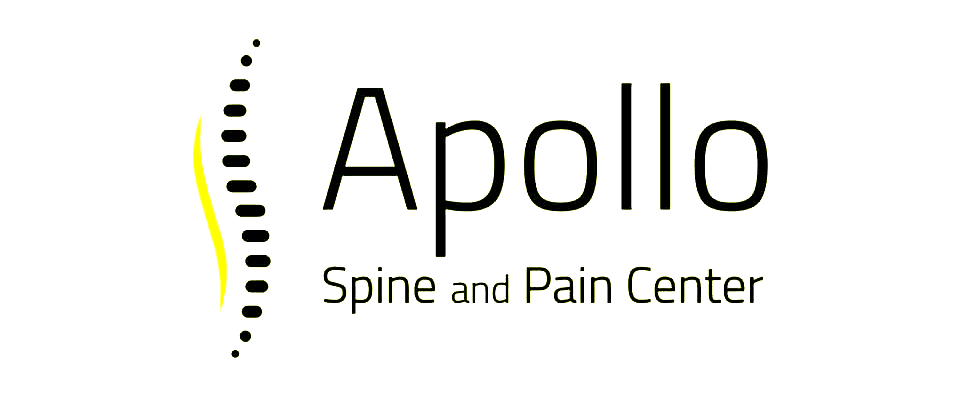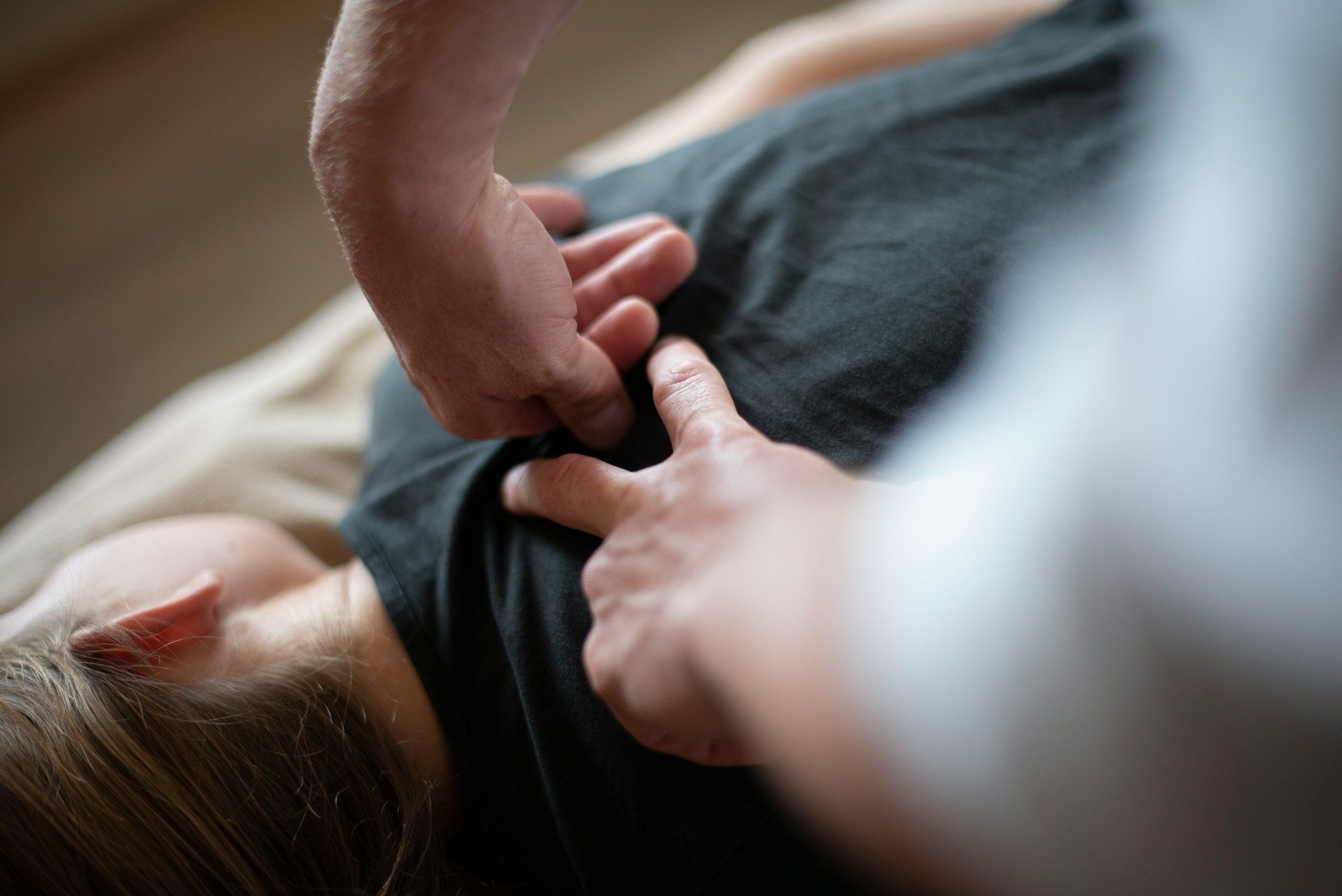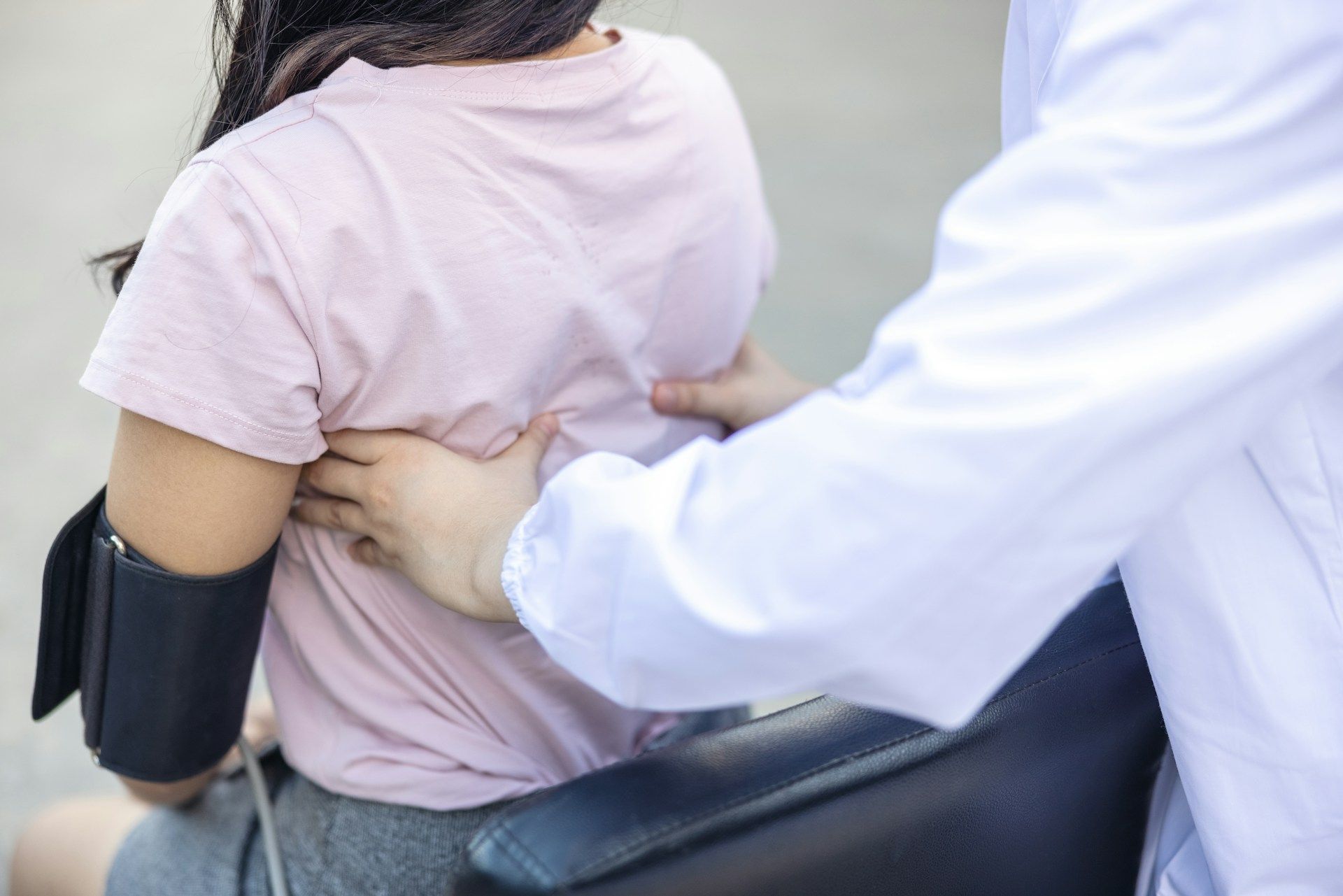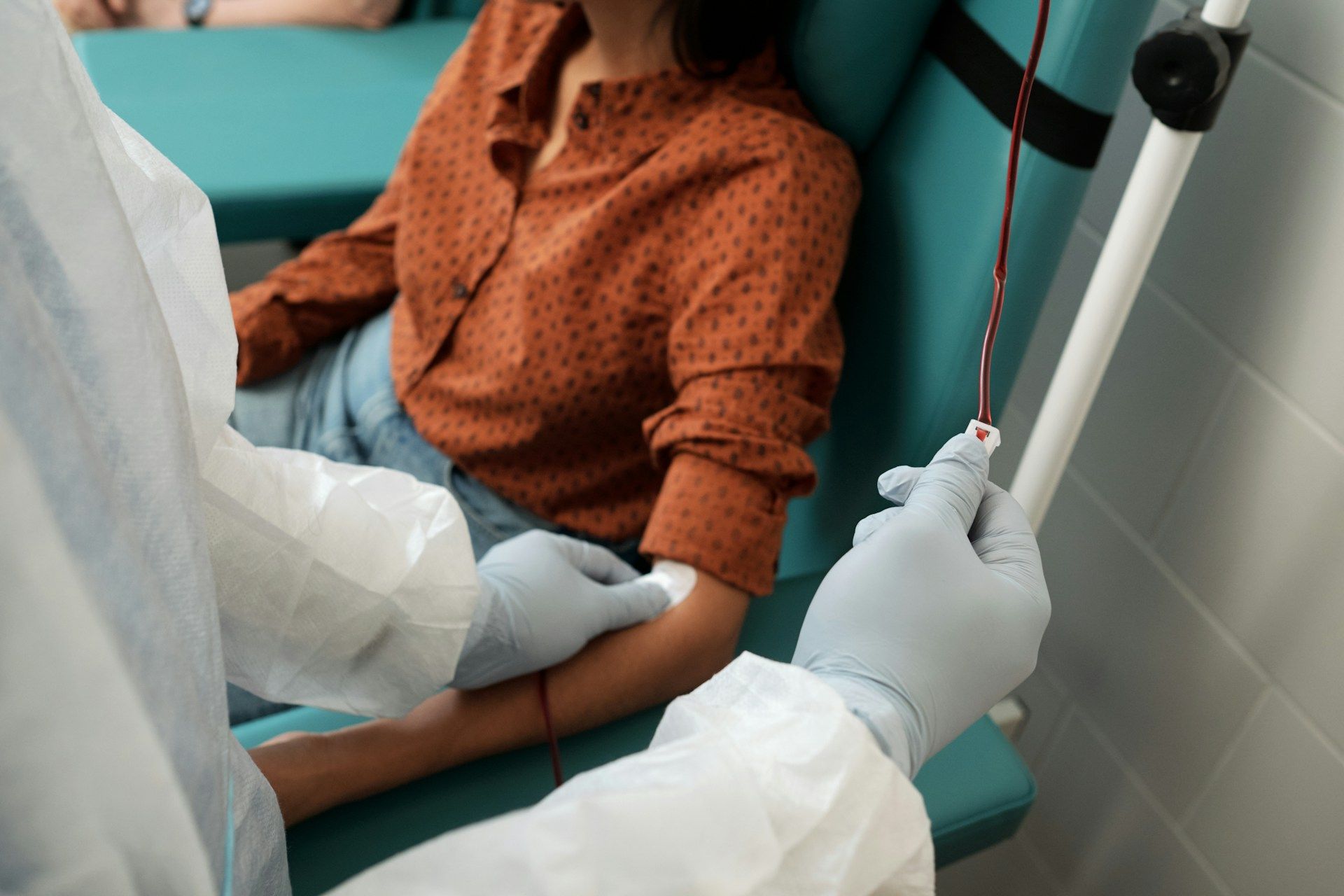Effective Pain Relief Solutions after Auto Accidents
Being in an auto accident can be a scary experience. After the immediate shock and trauma, the pain that follows can make recovery even harder. Whether it’s neck pain from whiplash, back pain, or headaches, the discomfort can be intense and long-lasting. Knowing how to manage this pain is crucial for getting back to your normal life.
Pain from an auto accident doesn’t just go away on its own. It’s important to understand why you’re experiencing pain and what you can do about it. Sometimes, the pain comes from direct injuries like broken bones or sprains. Other times, it might be from muscle strains or nerve damage. Knowing the source of your pain can help you find the right treatment.
Understanding Pain After Auto Accidents
Pain after an auto accident is common and can vary greatly. Some people feel pain immediately, while others might not notice it until days later. This pain can come from different sources. Whiplash is a frequent cause, which happens when your head is suddenly jerked forward and back. This can strain or tear the muscles and ligaments in your neck, leading to chronic pain and stiffness.
Back pain is another common issue. It might be due to a herniated disc or spinal stenosis caused by the impact. Even minor fender benders can lead to significant back pain over time. Joints can also be affected. Shoulder pain is often related to the seatbelt's restraint or the impact on the steering wheel. Knee pain might occur if you hit the dashboard.
It's important to recognize that pain might not be just physical. Many people experience emotional and mental distress following an accident. Anxiety, stress, and even depression can make physical pain feel worse. Understanding the multifaceted nature of post-accident pain can help you approach treatment more effectively.
Common Medications for Auto Accident Pain Relief
There are several medications available to help manage pain following an auto accident. Over-the-counter pain relievers are the first line of defense. Medications like ibuprofen and acetaminophen can help reduce pain and inflammation. These are helpful for mild to moderate pain and are generally easy to access.
If over-the-counter options aren’t enough, prescription medications might be necessary. Muscle relaxants can be useful if you have muscle spasms or extreme muscle tension. These medications help the muscles relax and reduce pain and stiffness. Another option is opioids, though they are usually prescribed for short-term and severe pain due to the risk of addiction and side effects.
Topical pain relief creams and patches are also available. These can be applied directly to the sore area and can provide quick relief. Lidocaine patches, for example, can numb the area and reduce pain without the need for oral medications. Always discuss with your doctor the best medication options for your specific condition and follow their recommended dosage to avoid complications.
Interventional Pain Management Techniques
When medications aren't enough, interventional pain management techniques can be very effective. These methods directly target the source of the pain and offer relief. One popular technique is epidural steroid injections. These injections reduce inflammation and help relieve pain in the back or neck. They are especially useful if you have herniated discs or spinal stenosis.
Another method is nerve blocks. Nerve blocks involve injecting medication around a specific nerve or group of nerves. This stops the pain signals from traveling to the brain. They can provide quick and effective relief, making it easier to move and function. Trigger point injections are also helpful. These involve injecting a numbing medicine into a painful muscle knot to relax it.
Radiofrequency ablation is another option. This procedure uses heat to destroy nerve fibers that carry pain signals. It can offer long-term relief and is often used for chronic pain conditions that haven’t responded to other treatments. Working with a pain specialist to find the best interventional method can make a big difference in your recovery and pain management.
At-Home Remedies and Lifestyle Adjustments
In addition to professional treatments, there are several at-home remedies and lifestyle adjustments you can make to help manage pain after an auto accident. First, rest is crucial. Allow your body time to heal by taking it easy and avoiding strenuous activities. Ice packs can help reduce inflammation and numb the pain, especially in the first few days after the accident.
Gentle stretching and light exercises are also beneficial. These activities can keep your muscles from becoming stiff and improve your range of motion. Yoga or simple stretching routines can work wonders. Over-the-counter pain medications like ibuprofen or acetaminophen can also help manage discomfort.
Staying hydrated and maintaining a balanced diet can support your body's natural healing processes. Foods rich in anti-inflammatory properties, like leafy greens and fatty fish, can be particularly helpful. Keeping a healthy routine, including getting enough sleep, will also make a big difference. Incorporating these at-home practices will aid in your recovery and help you manage pain more effectively.
Conclusion
Pain after an auto accident can be tough to handle, but knowing your treatment options can make all the difference. From common medications and advanced interventional techniques to simple at-home remedies, there are many ways to find relief. Combining these methods can help you manage your pain more effectively and get back to your daily activities faster.
It's important to be proactive about your pain management. Discussing your symptoms and treatment options with a healthcare provider can help you create a plan tailored to your needs.
If you're struggling with pain after an auto accident, don’t wait to seek help. Contact Apollo Spine and Pain Center for expert
pain management in Cumming, GA, and discover how we can assist you in finding the relief you deserve. Our specialists will guide you through the best treatment options for your recovery. Reach out today and take the first step towards feeling better.












